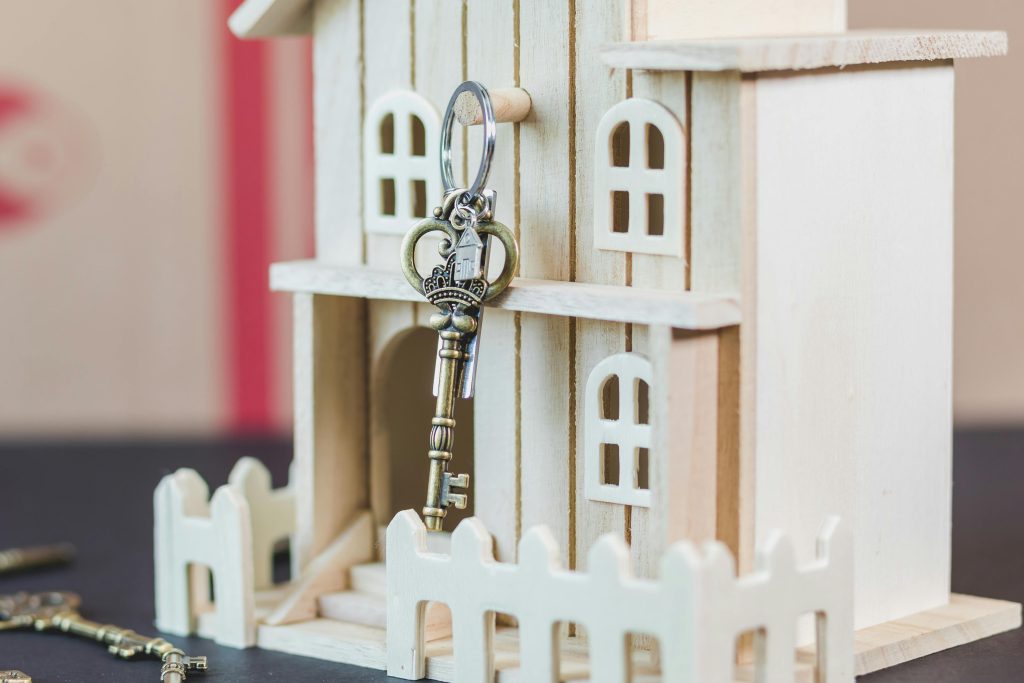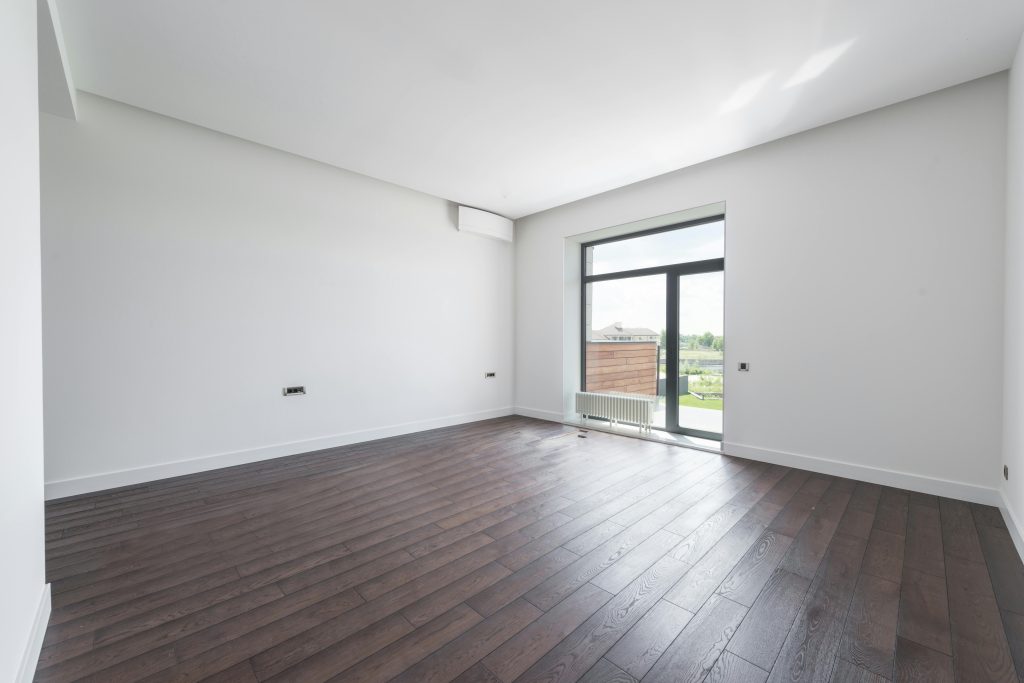You can sell your house to your son or your daughter for £1, but it’s rarely a good idea. This type of transaction raises red flags with HMRC and mortgage lenders, who view it as gifting rather than selling. You might face capital gains tax, inheritance tax implications and accusations of trying to avoid care home fees. There are better ways to help your children onto the property ladder. Let’s take a closer look.
Tax implications of gifting a property
Transferring property to family members needs careful thought. While gifting your house to your children may seem straightforward, it can trigger unexpected tax bills and legal issues. Here’s what you need to know before making this decision.
Capital gains tax
When you gift a property to your children, HMRC treats it as if you sold it at market value. You’ll face capital gains tax on any increase in value since you bought it, unless it’s your main home. For example, if you bought the house for £200,000 and it’s now worth £300,000, you could pay tax on the £100,000 gain.
Main residence relief protects you from CGT on your primary home. But if you’re gifting a second property or buy-to-let, you’ll likely face a bill. Basic rate taxpayers pay 18% on gains, while higher rate taxpayers pay 24%.
Stamp duty land tax
When gifting a property to your children, Stamp Duty Land Tax (SDLT) might come into play, depending on whether the property has an outstanding mortgage. If the gifted property is mortgage-free, no SDLT is due, as there is no chargeable consideration involved in the transfer. However, if your child assumes an outstanding mortgage as part of the transfer, SDLT is calculated based on the mortgage amount.
If your child already owns another property, the situation becomes more complex. The inherited property may be classified as an additional dwelling, triggering the 5% SDLT surcharge for second homes, which increased from 3% as of 31 October 2024. This surcharge applies in addition to the standard SDLT rates and could significantly increase the total tax liability for the transfer.
Post-April 2025 Considerations:
- Starting 1 April 2025, the nil-rate band for SDLT will decrease from £250,000 to £125,000, and a 2% rate will apply to the portion between £125,001 and £250,000. These changes will increase the SDLT liability for properties with mortgages exceeding £125,000.
- The 5% surcharge for additional properties remains unchanged, continuing to apply on top of the standard rates.
Key Points to Remember:
- No SDLT for Mortgage-Free Transfers: If there’s no mortgage involved in the property transfer, SDLT does not apply.
- SDLT on Mortgage Amounts: If the recipient assumes an outstanding mortgage, SDLT is calculated based on that amount, subject to standard rates and surcharges.
- Additional Property Rules: The 5% surcharge for second homes applies if the recipient owns other properties.
- Refunds for Replacing a Main Residence: If the recipient replaces their main residence by selling their previous home within 36 months, they may claim a refund for the additional surcharge.
Inheritance tax and the 7-year rule
Gifting property counts as a potentially exempt transfer for inheritance tax. If you survive seven years after the gift, no inheritance tax applies. Die within seven years and the property’s value may be counted in your estate, with tax charged on a sliding scale.
Given the generous inheritance tax allowances (currently £325,000 plus up to £175,000 for your main home), letting your son/daughter inherit could actually be more tax-efficient than gifting now.
Deprivation of assets and care fees
Local authorities don’t take a kind view of people giving away property to avoid care home fees. If you need care and they believe you deliberately gifted your home to avoid paying, they can assess you as still owning it. This means its value could still count towards your financial assessment for care funding.
Can I live in the house after I gift it?
Living in a property you’ve gifted creates a ‘gift with reservation of benefit’ unless you pay market rent to the new owner. The house stays in your estate for inheritance tax purposes, negating many of the tax benefits of gifting.
Alternatives to gifting property for tax efficiency
Giving property to family members can trigger several different taxes. The timing of your gift, how you structure it and what happens afterwards all affect how much tax you might pay.
Family trusts
Setting up a trust can help protect your property while potentially reducing tax. The property sits outside your estate but you maintain some control over it. Trusts, however, come with their own tax rules and costs to set up and run.
Lifetime gifting strategies
Rather than gifting the whole property at once, you could give away portions over time using your annual gift allowances. Doing so spreads the tax impact and may reduce your overall liability.
Steps for transferring property to a child
To transfer property ownership you’ll need:
- A conveyancing solicitor to handle the legal work
- A TR1 form to transfer the title
- An AP1 form to update Land Registry records
- Payment for any outstanding mortgage
- Money for legal fees and potential tax bills
The process typically takes eight to 12 weeks if there’s no chain or mortgage complications.
Common misconceptions about gifting property
Many people think selling a house for £1 avoids tax completely. This isn’t true, as the HMRC looks at market value, not the sale price. They’re well aware of this tactic and will still assess tax based on what the property is actually worth.
Similarly, trying to hide a gift by calling it a sale at nominal value won’t work. HMRC and local authorities can and do look beyond the paperwork to the substance of transactions.
Gifting vs leaving it in a will: Which is better?
The best choice depends on your circumstances:
Scenario 1: Property worth £500,000, no mortgage
- Gift now: Potential CGT bill, seven years of uncertainty for IHT
- Inherit: No CGT, covered by inheritance tax allowances
Winner: Inheritance
Scenario 2: Buy-to-let worth £250,000
- Gift now: CGT due but spreads tax burden
- Inherit: No CGT but adds to estate value
Winner: Depends on total estate value
Scenario 3: Main home worth £400,000
- Gift now: No CGT but creates living complications
- Inherit: Main residence nil-rate band available
Winner: Inheritance
£1 or for free
In most cases, letting children inherit rather than gifting during your lifetime proves more tax-efficient and straightforward. The inheritance tax allowances are generous, especially for main homes passing to children. Gifting early mainly makes sense if you’re confident of surviving seven years and won’t need to live in the property yourself.
Whatever you decide, it’s always best to get professional advice first. Property gifts can create complex tax situations that can backfire without the appropriate planning.
Sell property and gift cash to your children
In some cases, it might make sense to sell your property and then to gift cash to your children. With this approach, you’ll be able to incrementally give money to your son or daughter each year, while taking advantage of the £3,000 annual tax free allowance. Each person can give away a total of £3,000 worth of cash or gifts each tax year without them being added to the value of your estate.
An easy way to sell a property, without all the faff, is to sell it directly to us. We’ll pay cash for your house or flat, in any condition, quickly. The transaction can be completed in as little as one week. We’ll even pay all your legal fees. Get in touch to learn more.
This article is based on prevailing tax rates in Nov 2024, which are set to change in April 2025.









